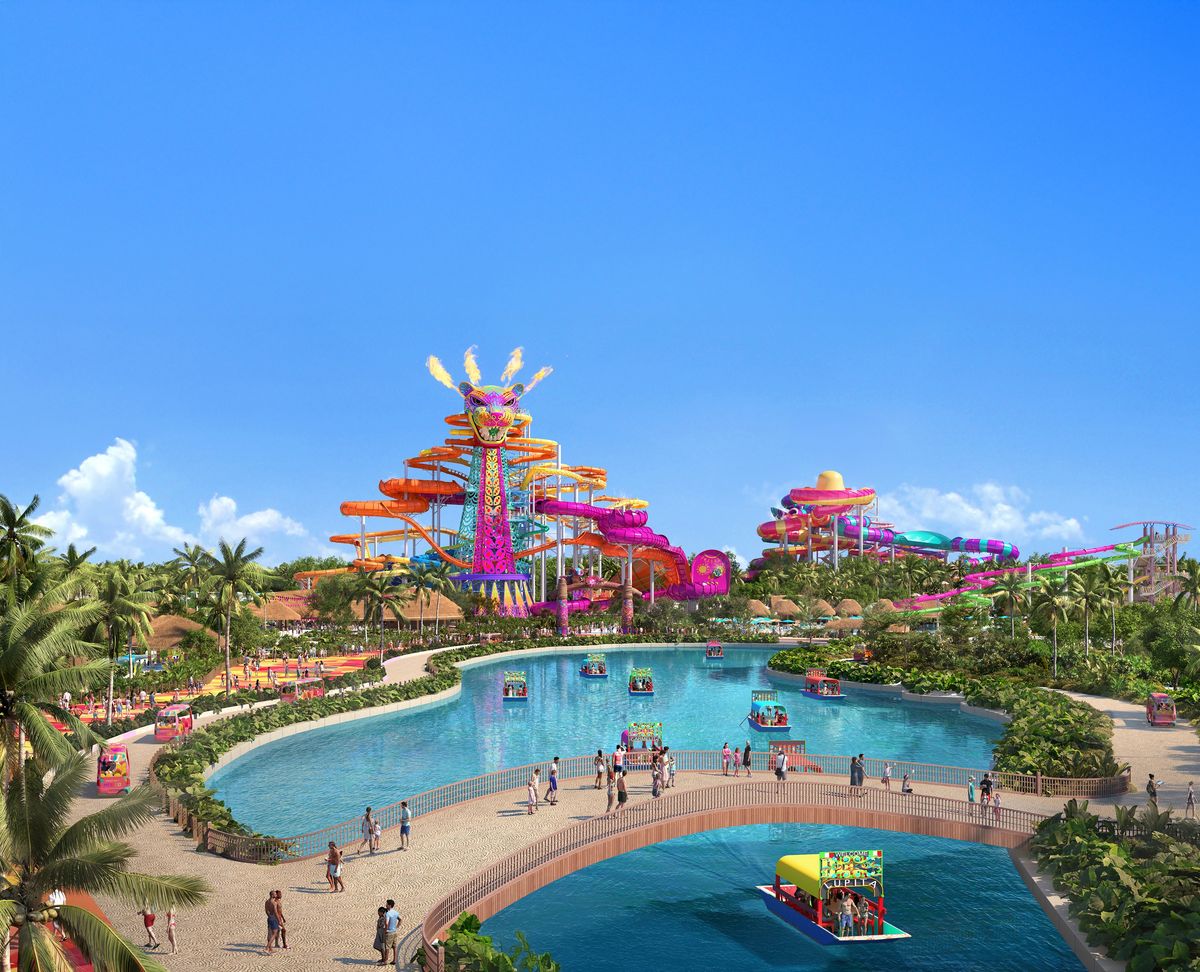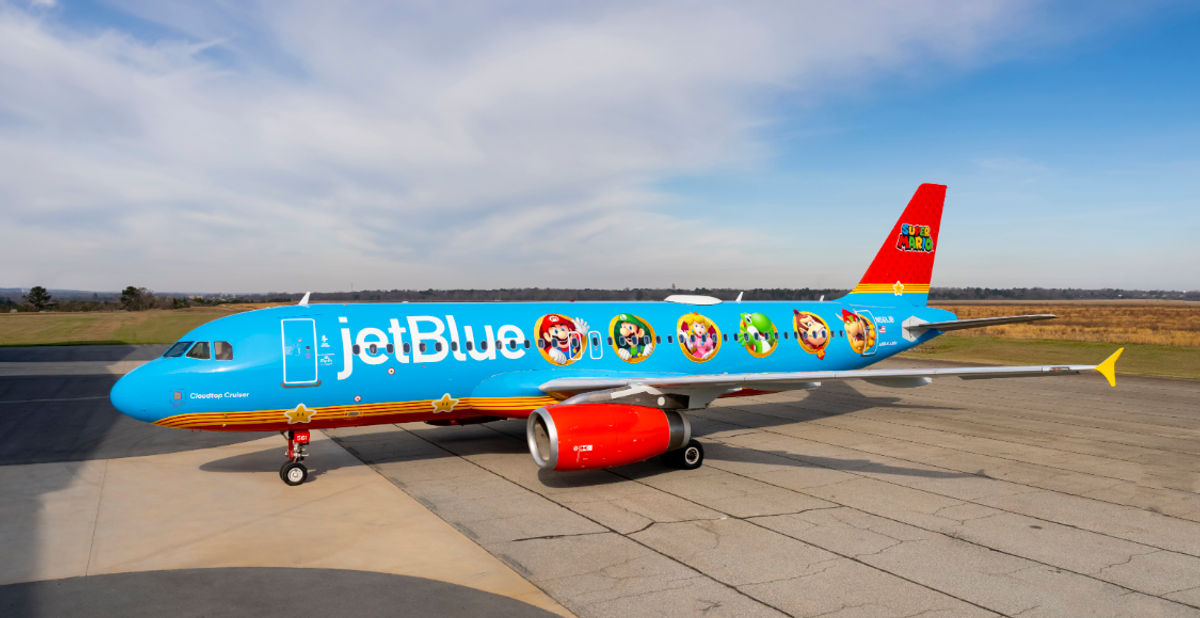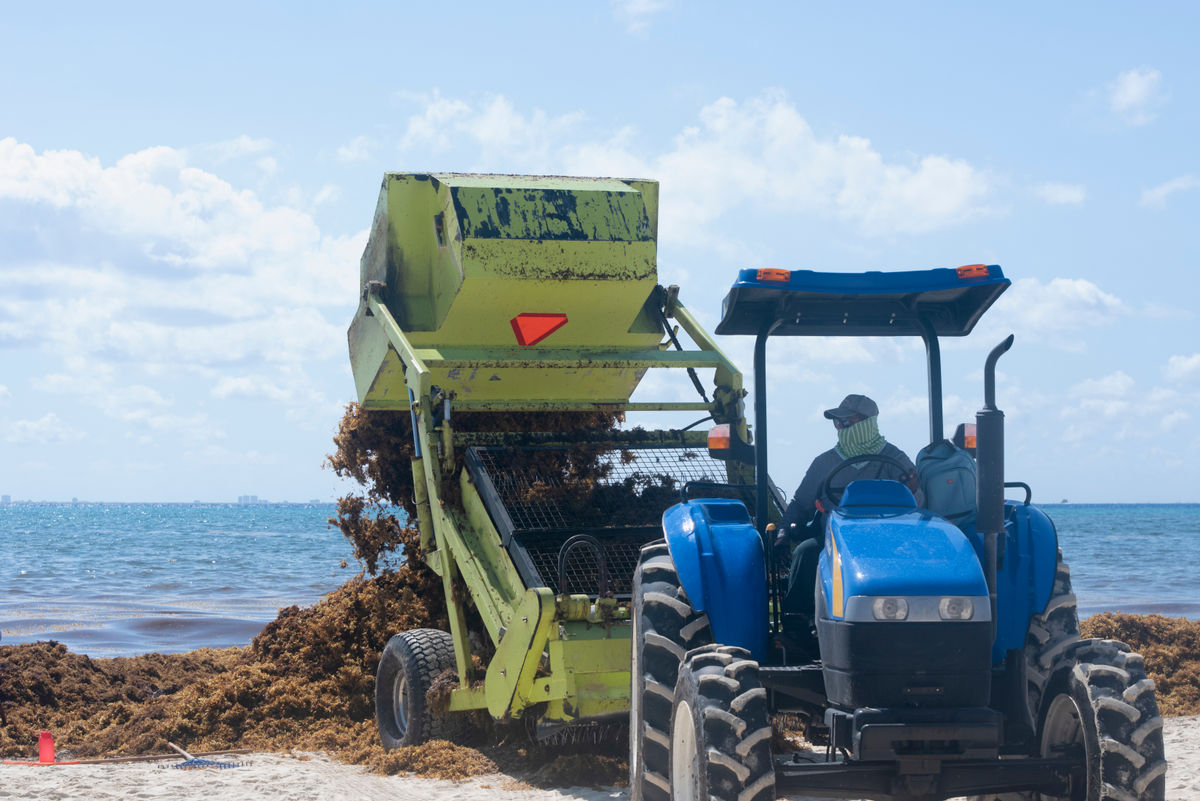As popular travel destinations around the world grapple with the effects of overtourism, the Caribbean island of Curaçao is taking a different approach—one that prioritizes long-term sustainability over short-term gains.
In collaboration with Sustainable Travel International and the George Washington University International Institute of Tourism Studies (GW IITS), Curaçao is conducting a Destination Carrying Capacity Study. This comprehensive framework assesses the economic, environmental and social impacts of rising tourism. By shifting the focus from simply increasing numbers to evaluating tourism’s overall value, the initiative seeks to foster a sustainable, balanced industry that optimizes economic growth while protecting the island’s ecosystems, preserving its cultural heritage, and enhancing both visitor experience and community well-being.
Planning for Future Growth
Last year, global tourism surged to 1.4 billion international arrivals, nearly reaching pre-pandemic levels. While this growth spurred economic recovery, it also brought challenges such as overcrowding, environmental damage, community frustration and pressure on infrastructure in many destinations.
Curaçao is experiencing a similar upward trend, with a record 700,000+ overnight visitors in 2024 and strong arrivals at the start of 2025. The island’s global appeal is fueled by its vibrant culture, pristine beaches and rich heritage. However, recognizing the potential for growing pains, Curaçao is proactively implementing strategic measures to address future challenges.
Reexamining Tourism Success Metrics
Curaçao is collaborating with Sustainable Travel International and the GW International Institute of Tourism Studies to conduct a data-driven Destination Carrying Capacity Study aimed at fostering sustainable tourism growth. Traditionally, tourism success has been measured merely by visitor numbers and revenue, but these metrics overlook the wider impact on local communities, the environment and the long-term sustainability of destinations. In response, Curaçao is adopting a more forward-thinking approach, evaluating success through community feedback, ecological health, infrastructure capacity, visitor experience and the preservation of cultural heritage.
This includes:
● Evaluating the impacts of tourism and modeling future growth scenarios to guide policy and planning decisions.
● Creating an action plan that aligns with local priorities, ensuring a tourism model that is both high-value and low-impact.
● Designing a flexible system for Curaçao to monitor tourism’s effects on the destination and maintain equilibrium by adjusting key factors that influence its sustainability.
A primary focus in these efforts is ensuring that all stakeholders have a say in shaping Curaçao’s tourism future. The study will actively involve public and private sector stakeholders, local communities, and industry leaders while also considering visitor viewpoints, thereby promoting a sense of ownership and shared responsibility in the decision-making process.
“This isn’t about limiting tourism—it’s about managing it wisely,” said Paloma Zapata, CEO of Sustainable Travel International. “Instead of depleting resources or leading to overtourism, the goal is to create a virtuous cycle where thoughtful tourism growth strengthens community well-being and preserves the island’s unique appeal over time. This, in turn, enhances visitor experiences and generates economic returns that can be reinvested in continual improvements."
For the latest travel news, updates and deals, subscribe to the daily TravelPulse newsletter.
.png)
.png) 1 month ago
5
1 month ago
5








 English (US) ·
English (US) ·  Spanish (ES) ·
Spanish (ES) ·